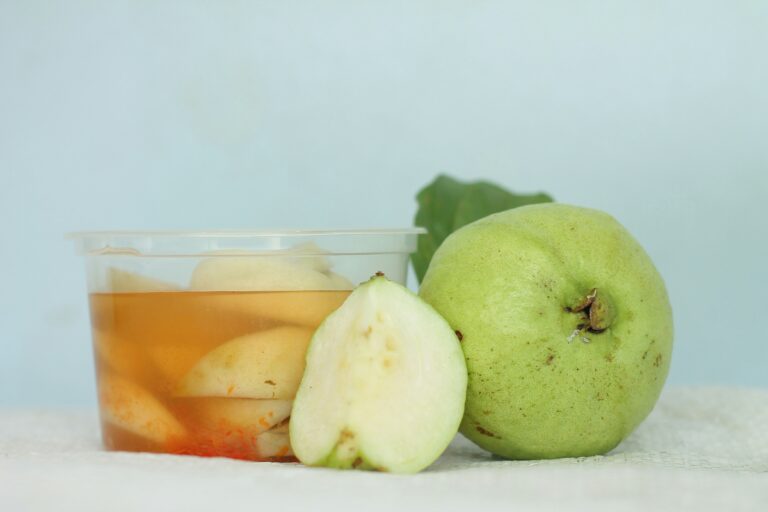The scientific name of Apple is Malus pumila. Apple belongs to the family Rosaceae. The genus is native to the temperate zone of the Northern Hemisphere. It is also known as Malus syvestris, Malus communist, and Purus Malus. But it is also known as Malus domestica. Apple originated in Kazakhstan, in Central Asia East of the Caspian Asia. The Etruscans, Romans, and Greeks cultivated Apples. The wild ancestors were found to be growing in the mountains of Central Asia in North Western China. Apples are likely being cultivated in America.
Color: The most common Apple colors are red, yellow, and green. The chlorophyll, anthocyanin pigments, and carotenoids affect Apple’s skin color.
Shape: Apples are typically either roundish, oblong shape or oblate. Apple is also tapered towards the bottom which is specifically shaped as conical. Apples are spherical except at the point where the stem grows.
Size: Due to the market demand, Apple is 7 to 8.5 cm in diameter. Some consumers prefer a large apple in Japan. The length of an apple is 8.13 cm and the size of a medium Apple is 3 inches in diameter.
Flavor: The flavor of an Apple might be tart, sweet, or a little of both. Others have a honey-like flavor and aromatic taste. They have a juicy texture and a sweet and slightly sour taste. An apple’s taste can vary depending on the variety of apples.
Nutrients
One medium or 200 gram Apple offers the following nutrients
- Calories 104
- Carbohydrate 28 g
- Protein: 0.43 g
- Fiber 5 g
- Vitamin C 10% of the daily value
- Vitamin K 4% of the daily value
- Potassium 5% of the daily value
- Copper 6% of the daily value
| How to grow an apple? |
Health Benefits of an Apple
Apple may offer health benefits including lowering blood sugar levels and benefiting heart health. Apple contains key nutrients such as fiber and antioxidants.
Control blood Cholesterol and heart health
Certain studies shows that apples affect on risk factors of heart disease. Apple can reduce total cholesterol levels and improve overall blood flow.
Control blood sugar levels
Some evidence suggests that eating apples can lower blood sugar levels and protect against diabetes. Antioxidants present in Apple may slow down your digestion and absorption of sugars.
Control Cancer
Many studies including tests suggest that Apple phytonutrients can protect against cancer of the colon and lungs.
Promote gut health
Apple contains pectin, a type of fiber present in your gut microbiome, and a healthy gut is often key to better health. Dietary fiber can not be digested, pectin reaches your colon and promotes the growth of good bacteria.
Helps to fight Asthma
Rich in antioxidants may help to reduce airway inflammation related to allergic asthma.
Help to maintain a moderate weight
The fibers in Apple can help a person to feel full and make them less likely to overeat. This may help to manage their weight. The consumption of fruits and vegetables can reduce the eating rate and provide fewer calories while being satisfying.
Side Effects of Apple
Apples may benefit your health but eating them in high quantities may risk your body and cause certain serious problems for people with irritable bowel syndrome (IBS), a wide category of fibers that cause digestive system problems like
- Gas
- Bloating
- Abdominal pain
- Difficulty in breathing e.t.c
FAQ’s
Are apples good for your skin?
Apples are a great source for maintaining healthy hair and skin. Because of the presence of Vitamin C and B, that may help strengthen hair, and nails and speed your skin cell production.
Can I apply apples to my skin?
Applying apples to your face can give you a quick hydration boost. Vitamin E in the apple will keep the skin soft and hydrated.







Your blog is a testament to your dedication to your craft. Your commitment to excellence is evident in every aspect of your writing. Thank you for being such a positive influence in the online community.
Thank you so much for your kind words! I’m truly grateful for readers like you who take the time to share such thoughtful feedback.